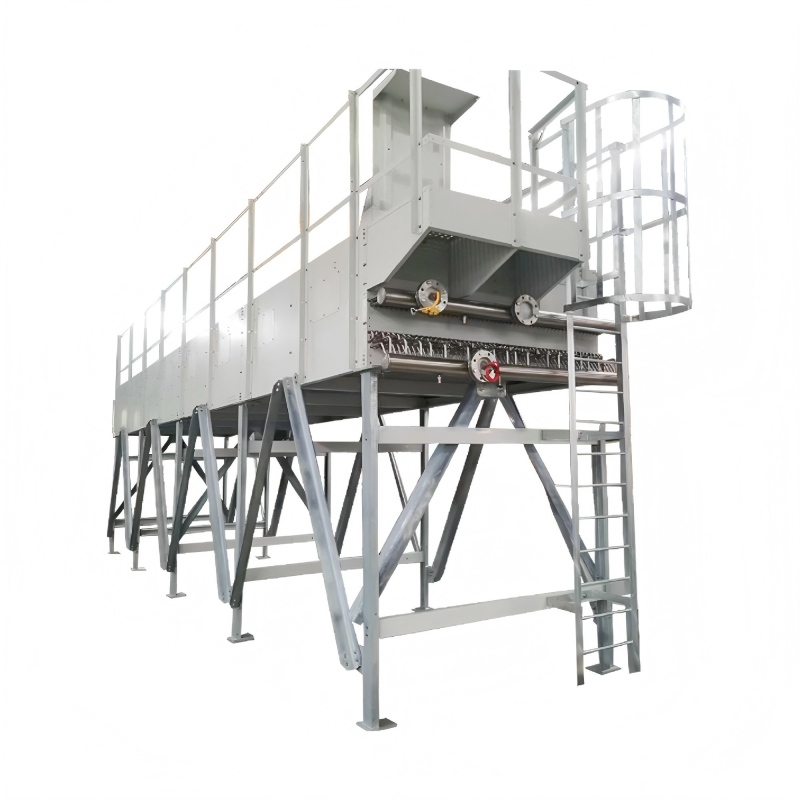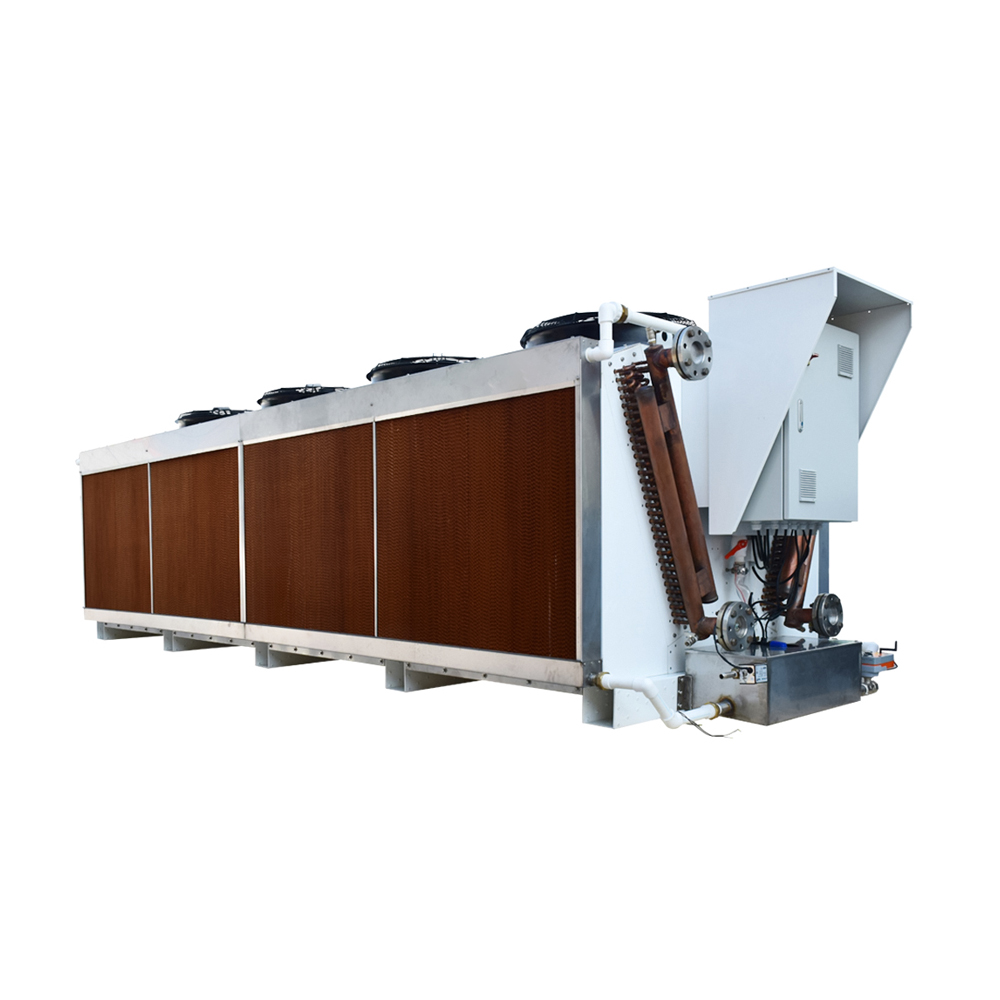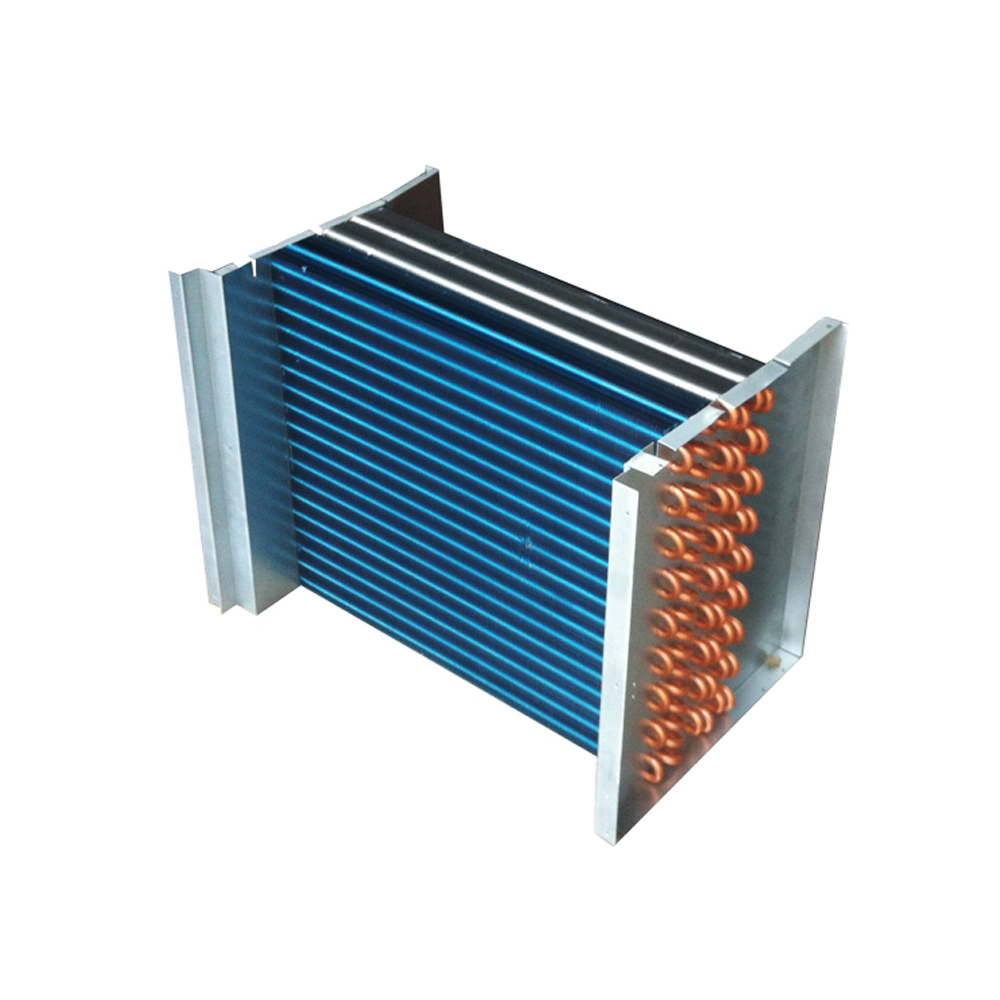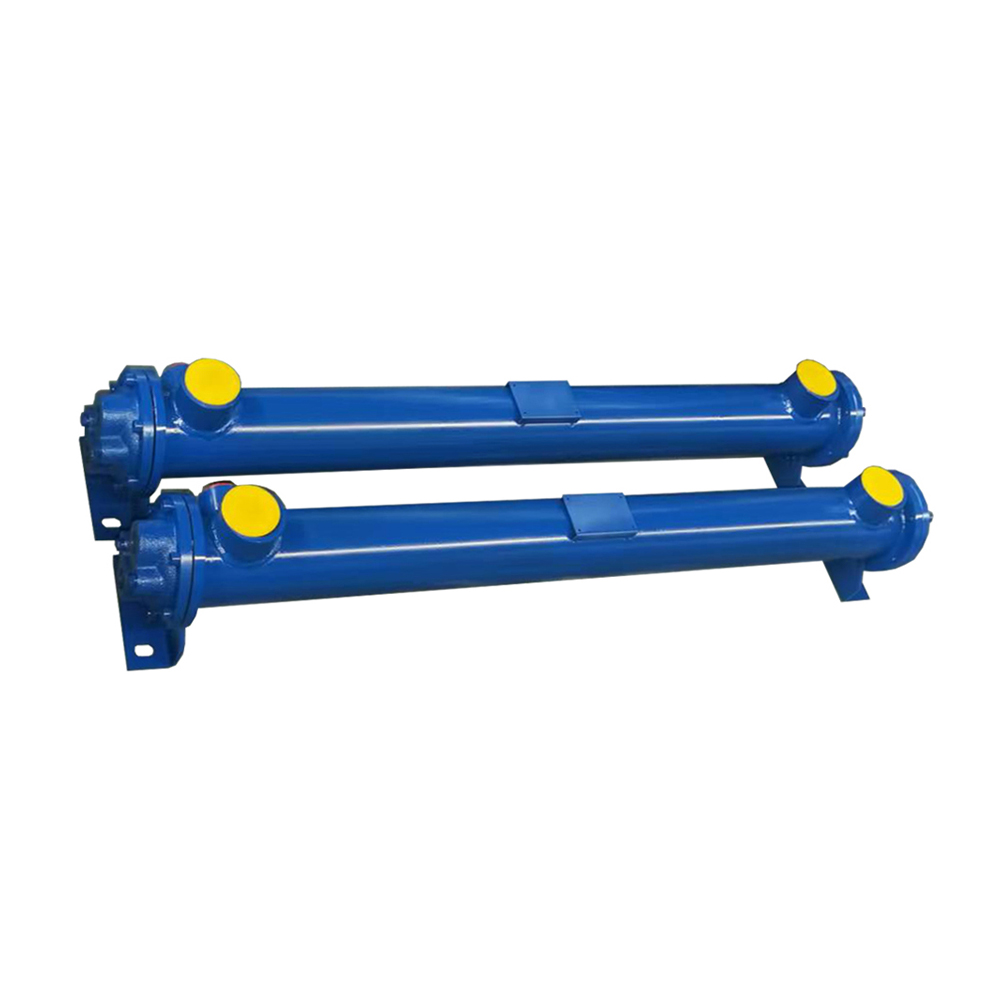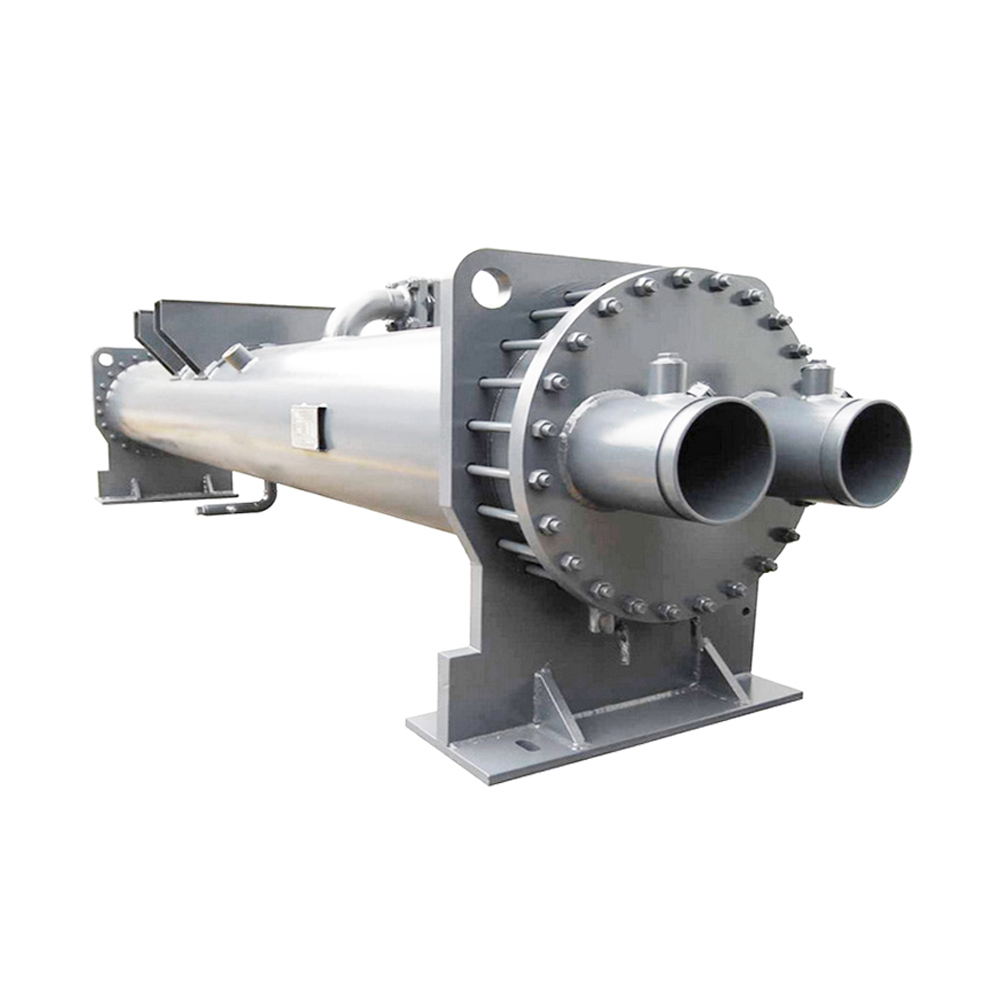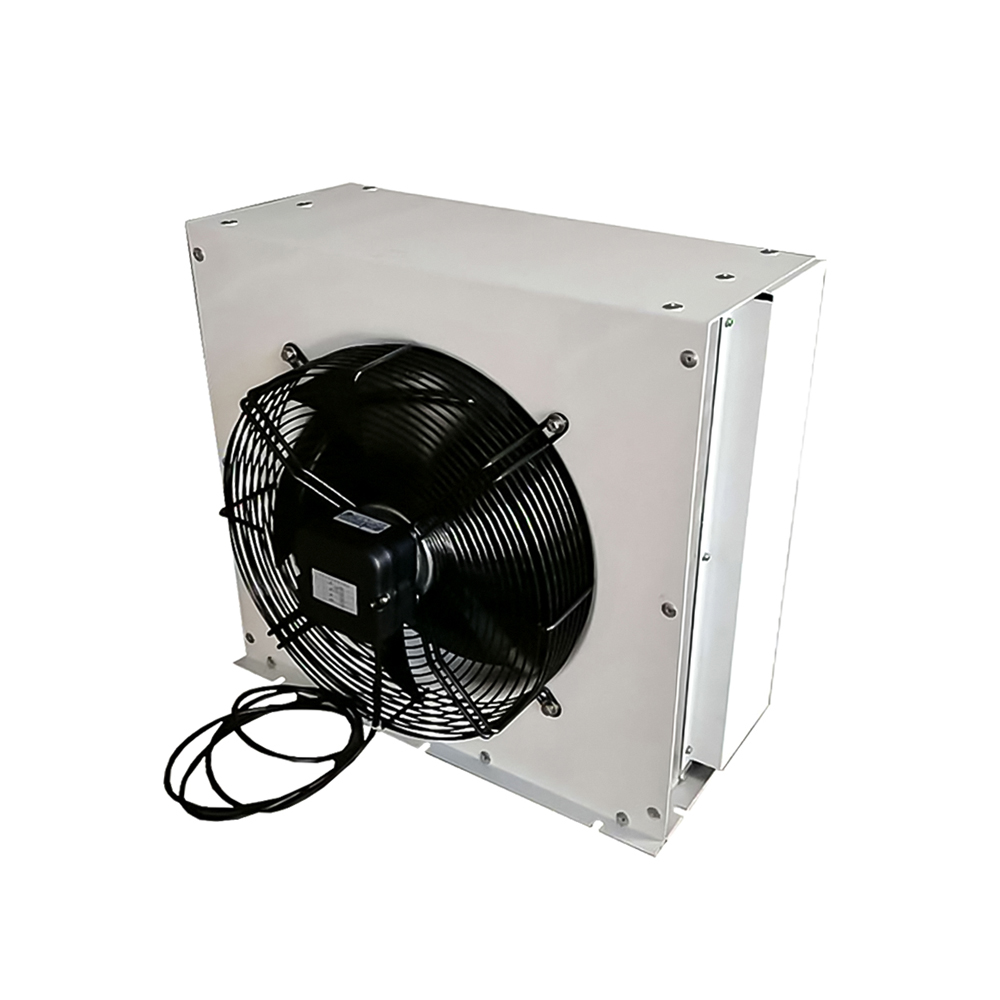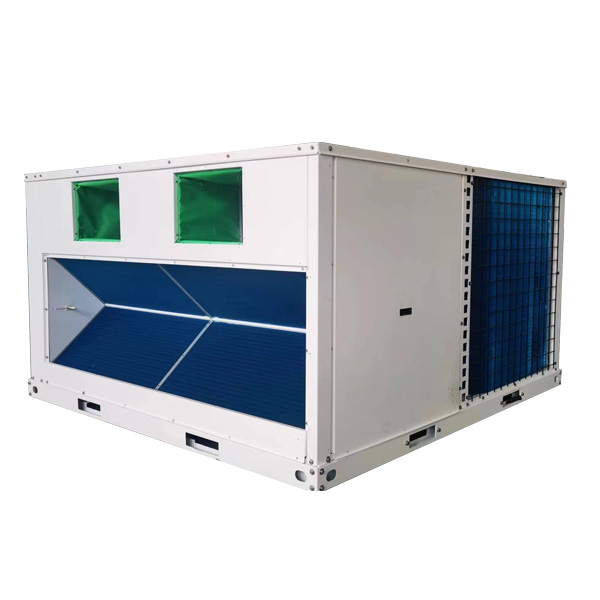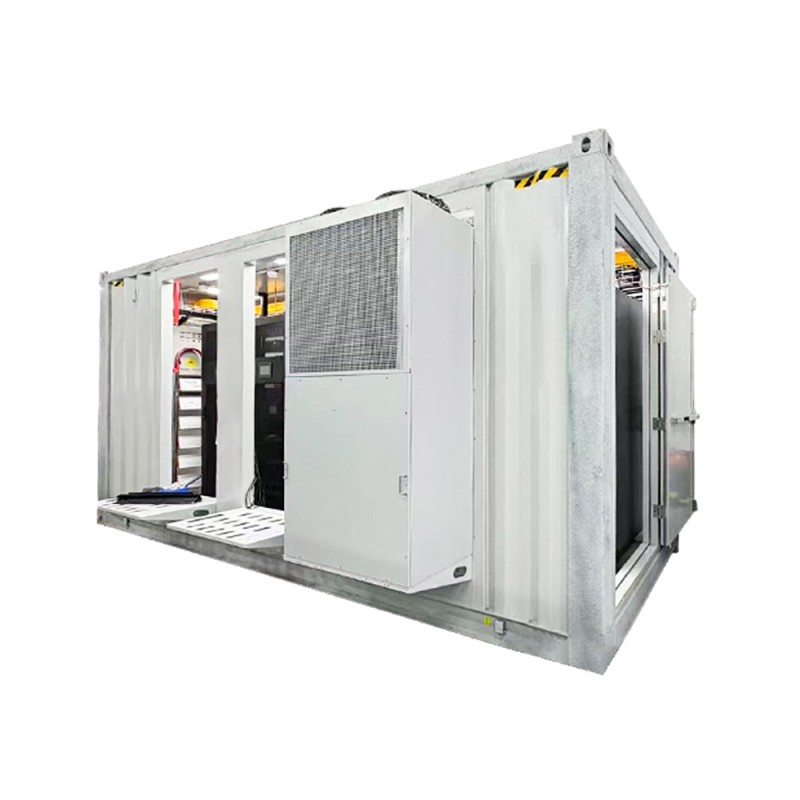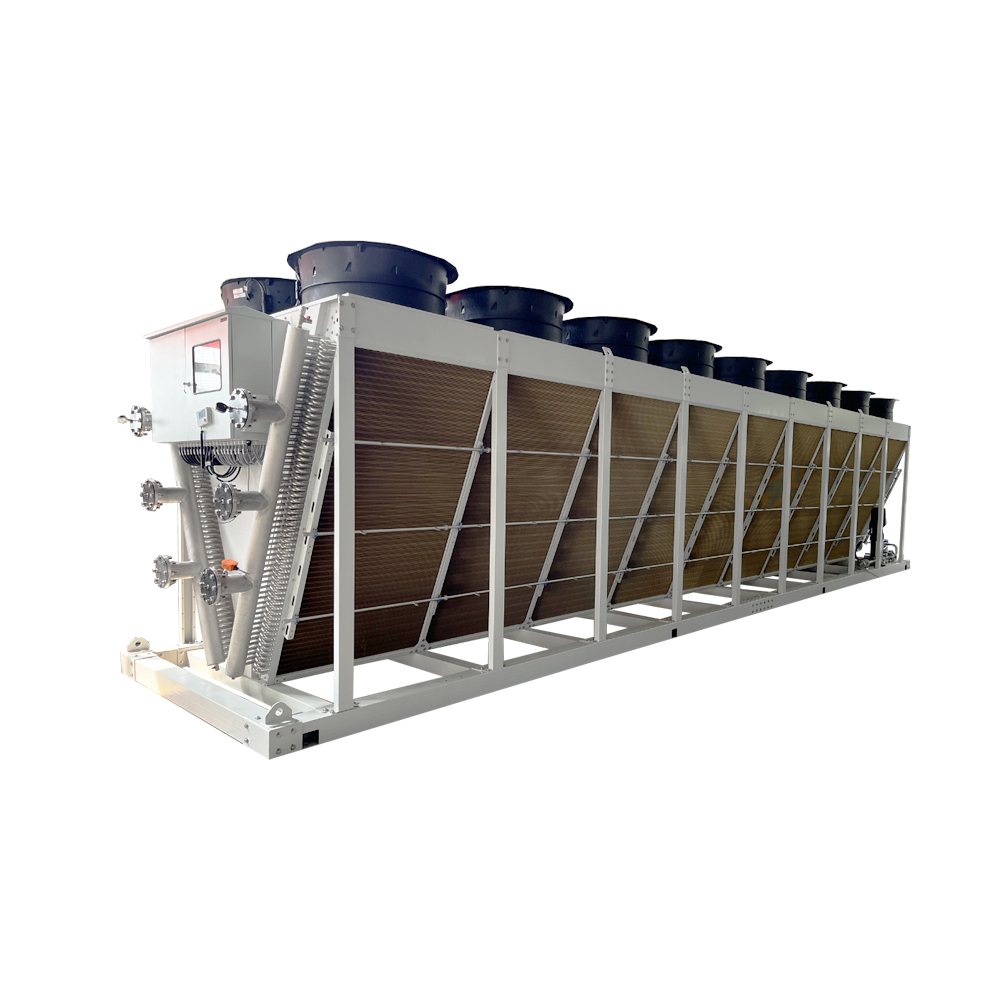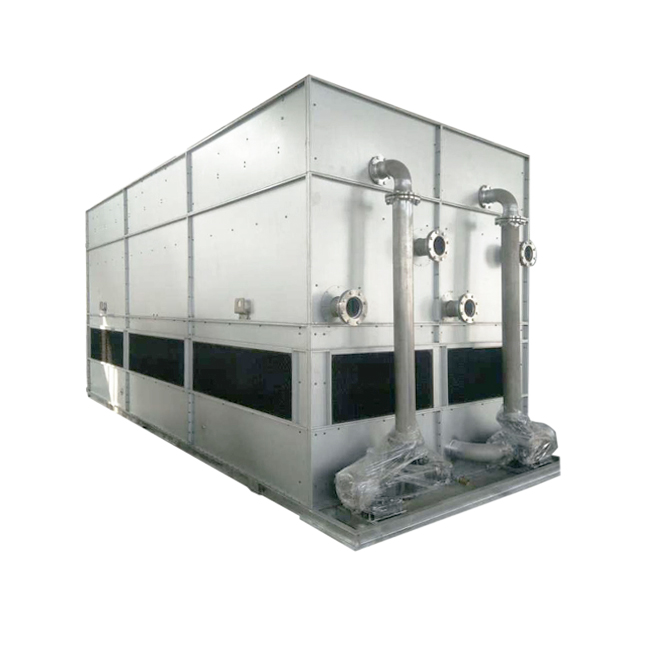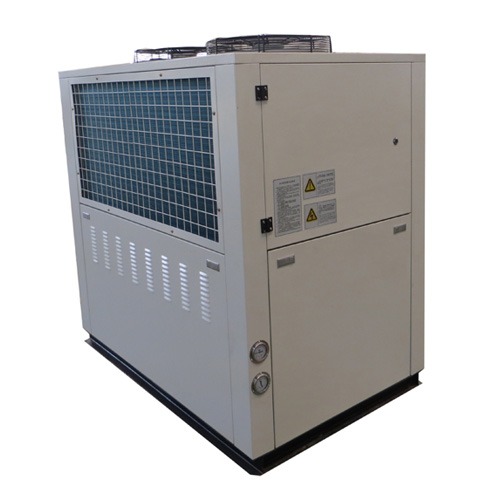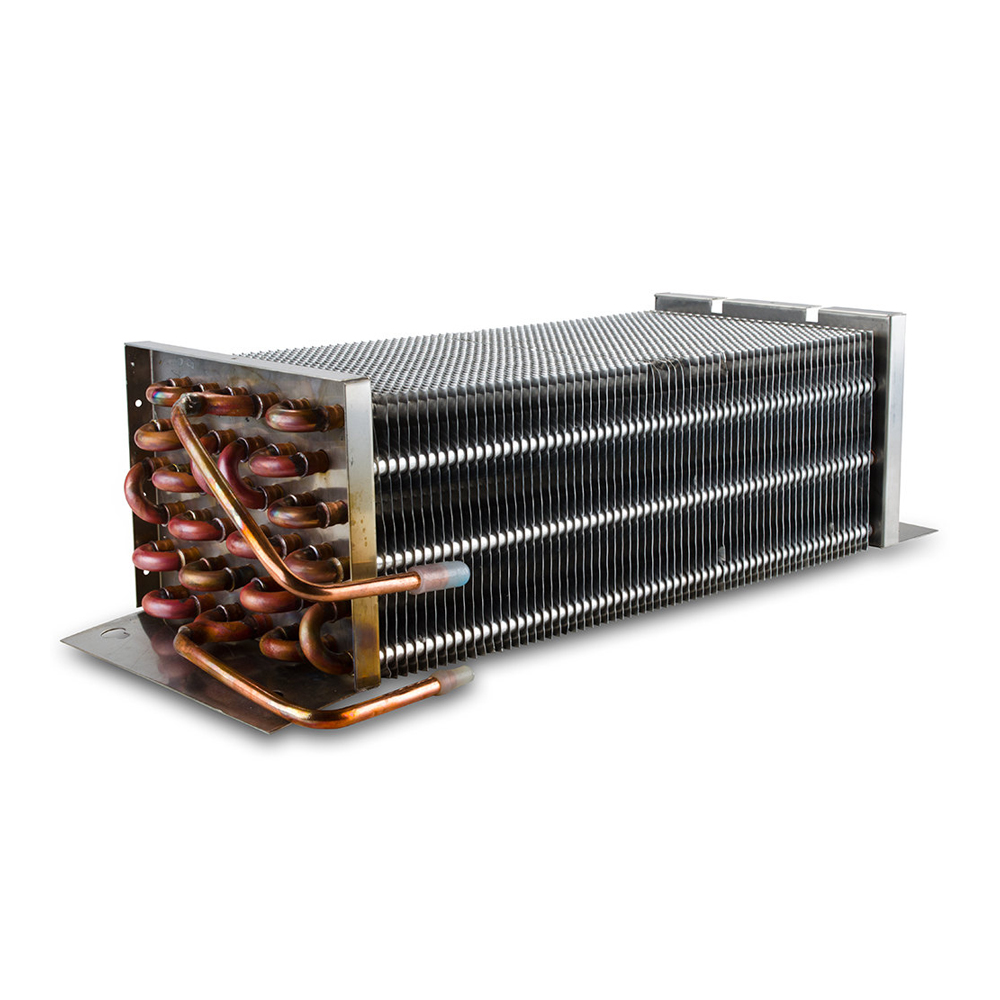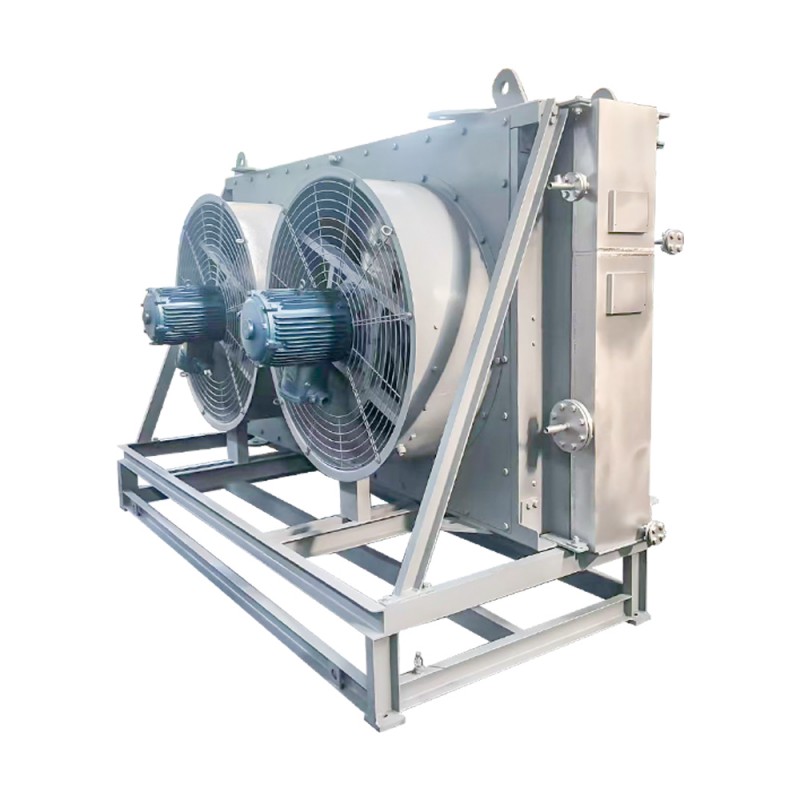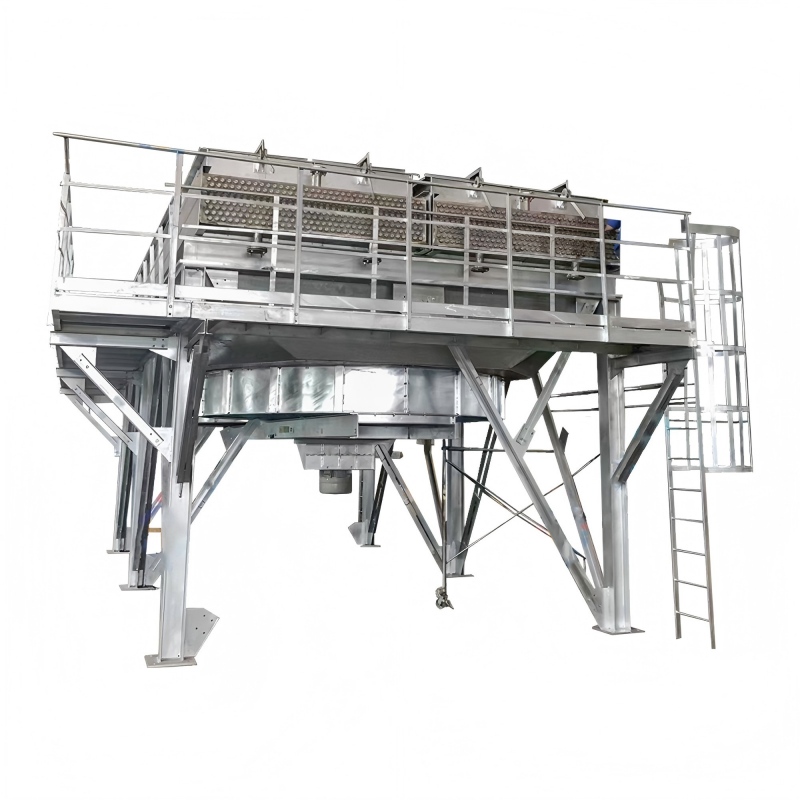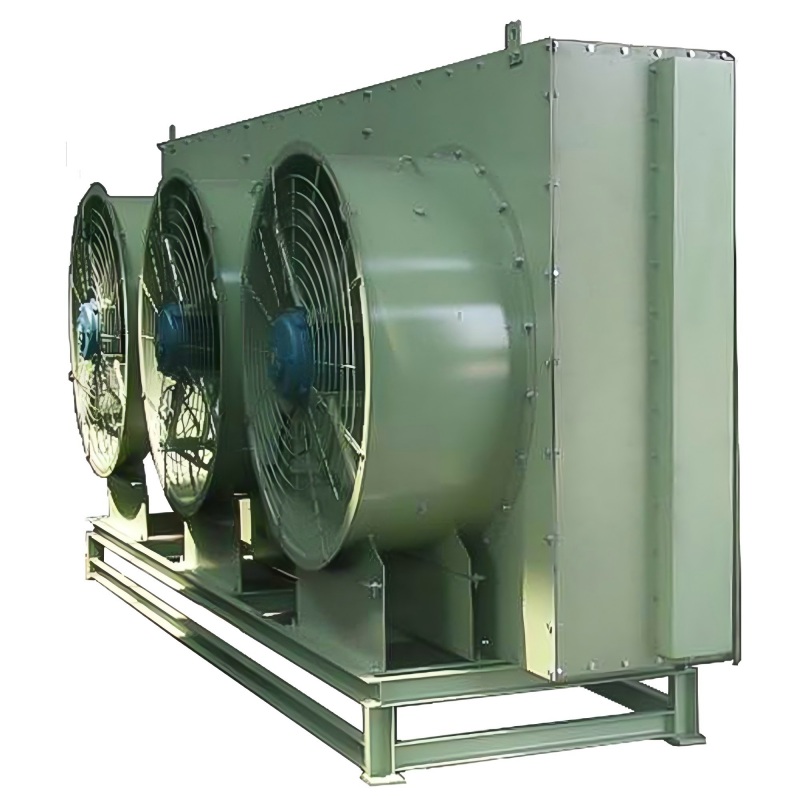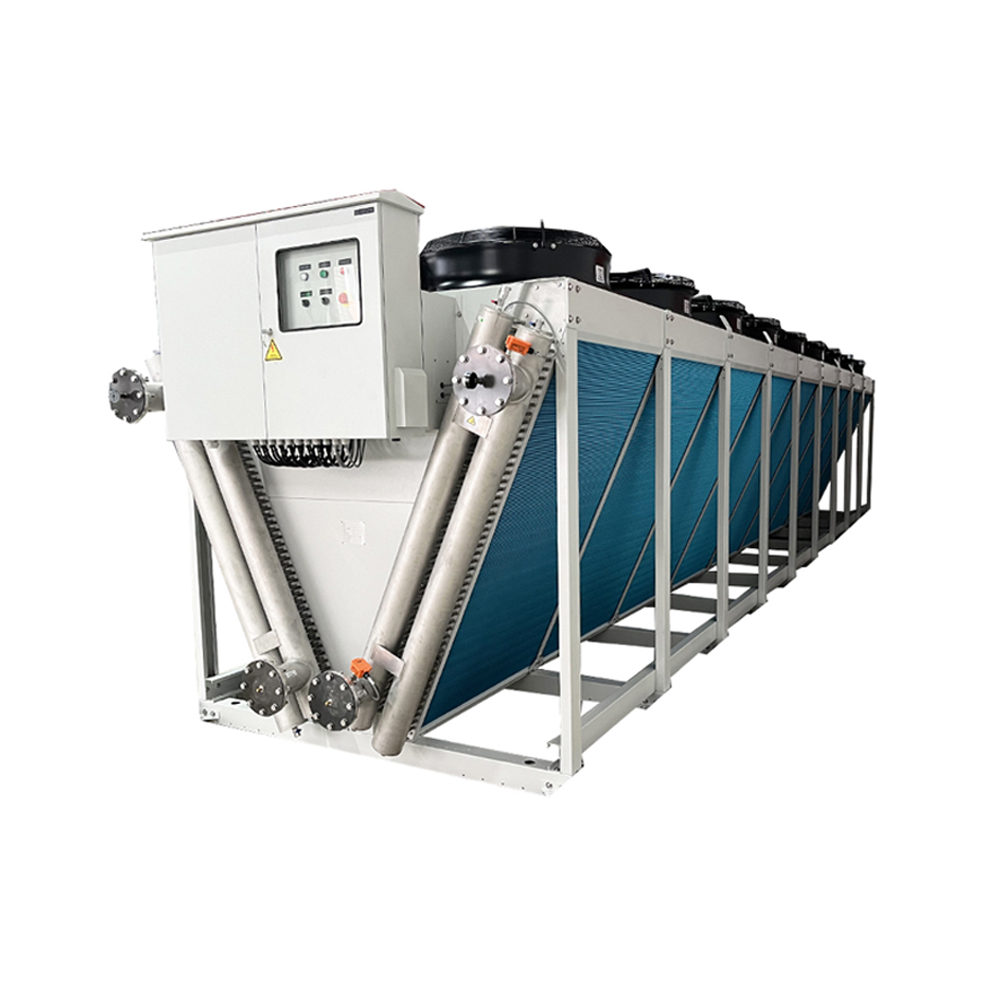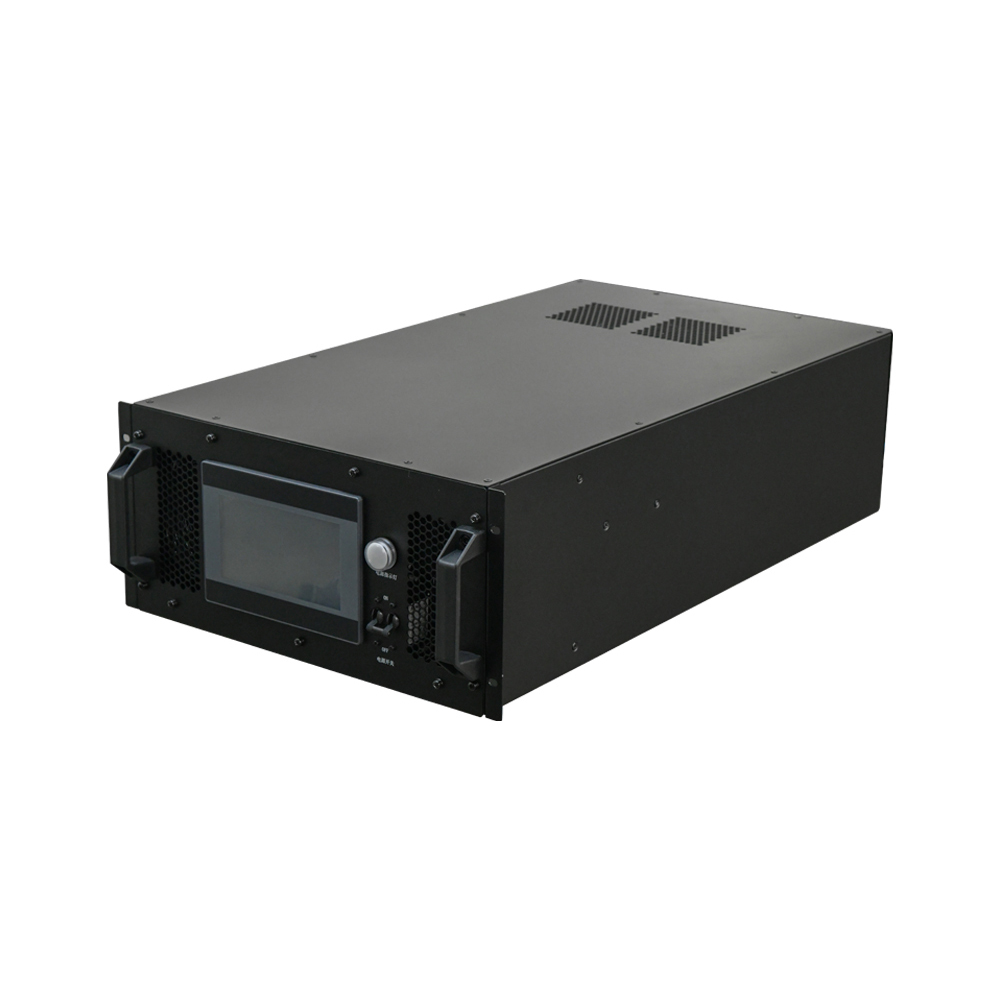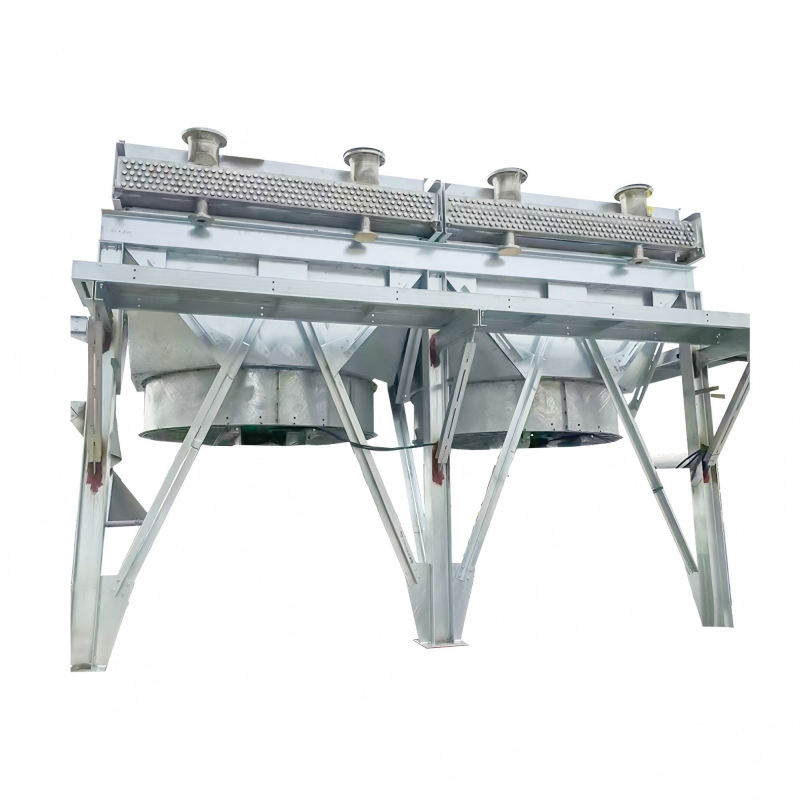This comprehensive guide explores the functionality, applications, and selection criteria for water to air heat exchangers. We'll delve into the various types, their efficiency ratings, and how they contribute to effective thermal management in diverse industrial and commercial settings. Learn how to choose the right water to air heat exchanger for your specific needs and optimize its performance for maximum energy efficiency.
Types of Water to Air Heat Exchangers
Plate and Frame Heat Exchangers
Plate and frame water to air heat exchangers are known for their high efficiency and compact design. They consist of a series of thin, corrugated plates stacked together, creating channels for water and air flow. The large surface area facilitates efficient heat transfer. They are easily disassembled for cleaning and maintenance, making them ideal for applications with fouling potential. However, they can be more expensive than other types and may not be suitable for high-pressure applications. Shanghai SHENGLIN M&E Technology Co.,Ltd offers a variety of plate and frame exchangers.
Shell and Tube Heat Exchangers
Shell and tube water to air heat exchangers are robust and capable of handling high pressures and temperatures. They are commonly used in industrial processes requiring high heat transfer rates. The design involves a shell containing a bundle of tubes, with one fluid flowing through the tubes and the other flowing through the shell. While durable, they are typically less efficient than plate and frame exchangers and can be more challenging to clean.
Air Cooled Heat Exchangers
Air cooled water to air heat exchangers are a common choice for industrial cooling applications. These systems utilize fans to circulate air across finned tubes containing the water, facilitating efficient heat dissipation. Their design allows for straightforward maintenance and a relatively low initial cost. However, their efficiency can be affected by ambient temperature and air velocity. Learn more about Shenglin's air cooled heat exchanger solutions.
Selecting the Right Water to Air Heat Exchanger
Choosing the appropriate water to air heat exchanger requires careful consideration of several factors:
- Capacity: The amount of heat that needs to be transferred.
- Temperature Difference: The difference between the inlet and outlet temperatures of both fluids.
- Pressure: The operating pressures of both water and air.
- Fluid Properties: Viscosity, thermal conductivity, and other relevant characteristics.
- Space Constraints: The available physical space for installation.
- Budget: The overall cost of the exchanger and its installation.
Efficiency and Performance Optimization
The efficiency of a water to air heat exchanger can be significantly impacted by factors such as fouling, airflow, and water flow rate. Regular maintenance, including cleaning and inspection, is crucial for ensuring optimal performance. Proper sizing and installation are also essential for maximizing efficiency.
Applications of Water to Air Heat Exchangers
Water to air heat exchangers find widespread applications across diverse industries, including:
- HVAC systems
- Industrial cooling processes
- Data center cooling
- Power generation
- Refrigeration
Comparison of Different Types
| Type | Efficiency | Cost | Maintenance |
| Plate and Frame | High | Medium-High | Medium |
| Shell and Tube | Medium | Medium | High |
| Air Cooled | Medium-Low | Low | Low |
This information is for general guidance only. Always consult with a qualified engineer for specific application requirements and selections. Contact Shanghai SHENGLIN M&E Technology Co.,Ltd for expert advice and high-quality water to air heat exchangers.









.jpg)
